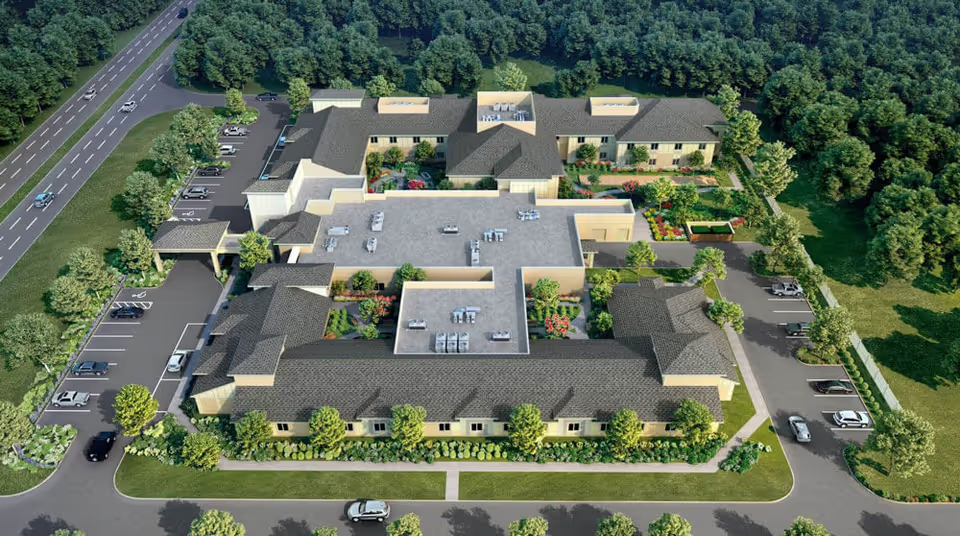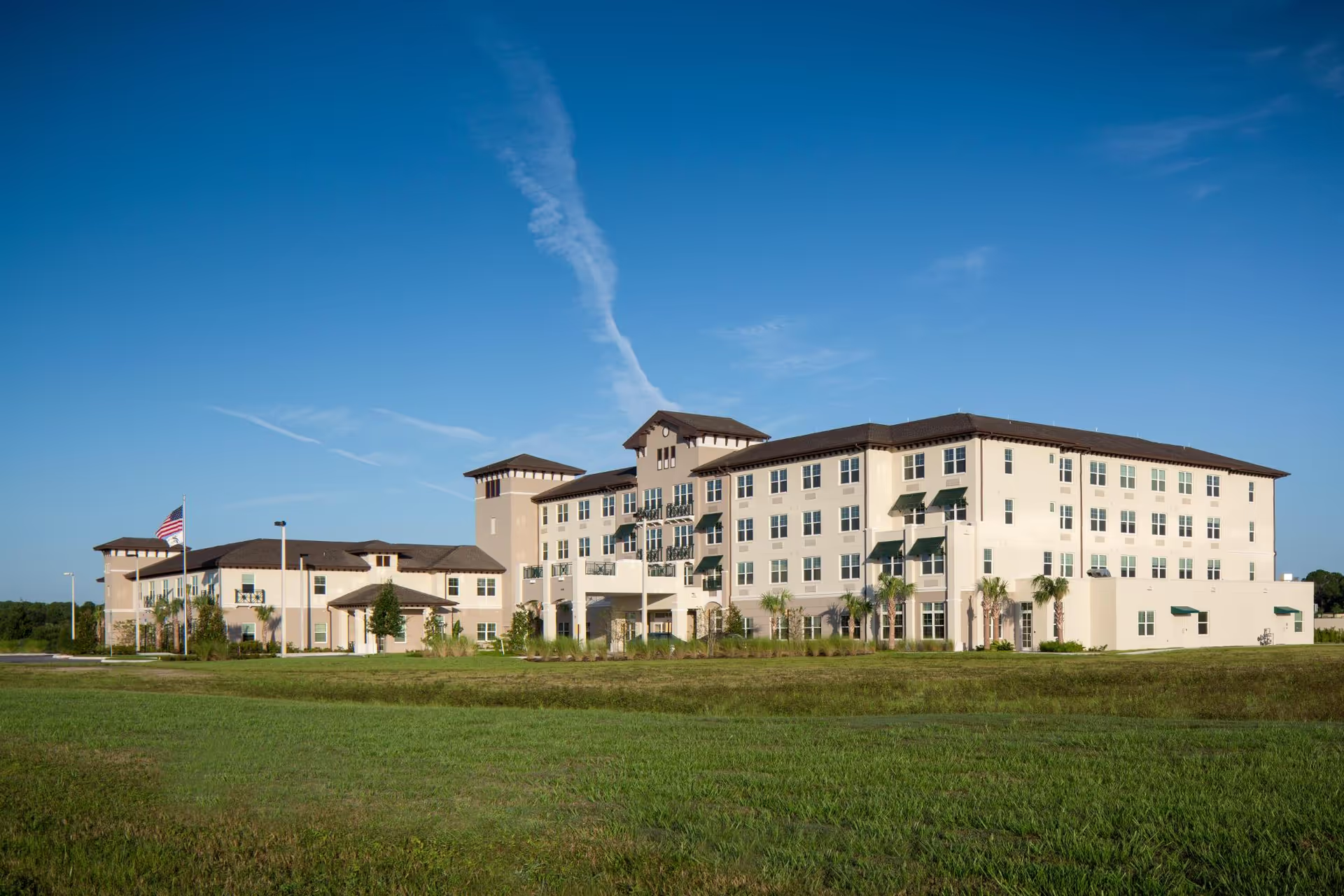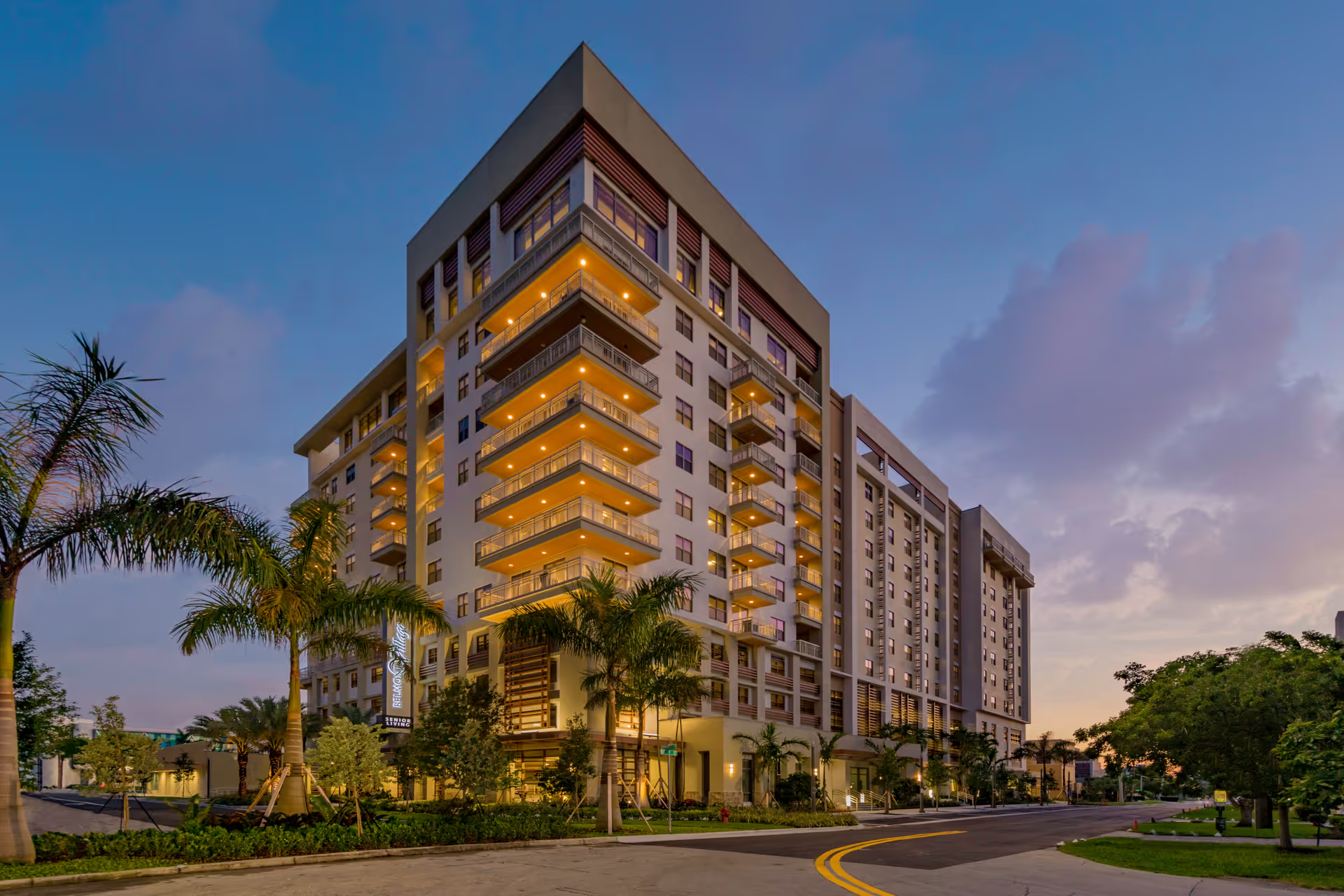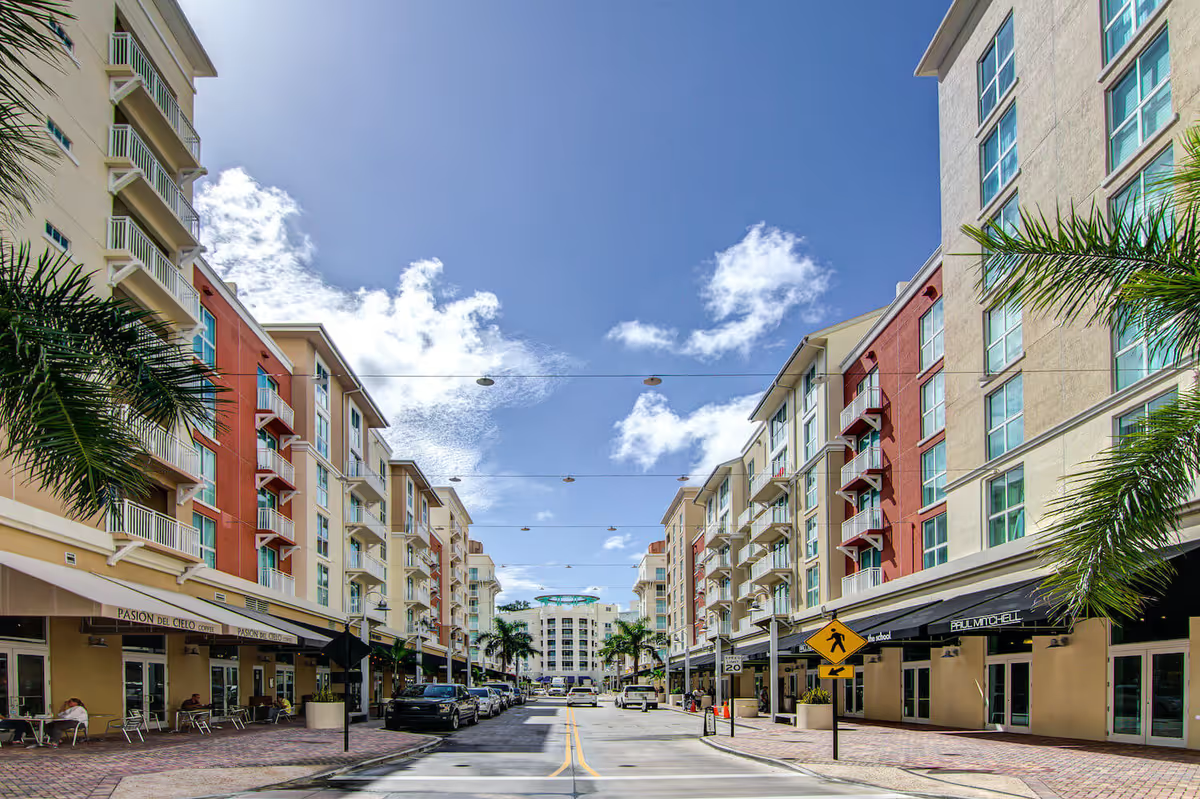The reviews for Sonata by AgeWell Solvere Living present a markedly mixed picture with strong positives tied to the physical environment, clinical therapy services, dining and activities, but recurring operational concerns that materially affect some residents’ day-to-day experience. On the positive side, multiple reviewers praise the facility’s appearance and upkeep — comments repeatedly highlight a pleasant smell, clean spaces, a homelike layout, well-appointed common areas, and spacious private bedrooms with in-bedroom handicap showers. The facility’s aesthetics and sense of warmth are consistent strengths and are often connected to family members’ perception that the community feels welcoming and comfortable.
Therapy and programming are another clear area of strength. Several reviews specifically call out strong PT and OT services, and many residents and families report high-quality, varied activities and engagement opportunities that contribute to a better quality of life. Dining also receives favorable mentions: reviewers describe the food as great, and activities + dining together appear to support a lively social atmosphere for many residents. Where staff are praised, descriptors such as compassionate, caring, professional, warm, and welcoming recur — several reviewers explicitly recommend the community on the basis of staff behaviors and the positive day-to-day interactions they observed.
Despite those positives, there are consistent and substantive operational weaknesses reported by multiple reviewers. Understaffing is a recurring theme and is directly linked to delays in assistance, particularly around morning routines (getting residents up and dressed) and important toileting help during night and early-morning hours. These gaps are not just inconveniences in the comments: they are described as causing resident distress (including reports of a mother-in-law crying) and raising safety and dignity concerns. Several reviewers also reported that many types of hands-on assistance require additional fees, which can be surprising or burdensome for families who expect more comprehensive care to be included.
Communication and management are additional trouble spots. There are several reports of unresponsive staff and difficulty reaching the facility by phone, which compounds family frustration when urgent or routine questions arise. A subset of reviewers explicitly criticized management and the director — calling out poor leadership and unacceptable service levels — while others characterize the operations as impressive and service-oriented. This polarity suggests inconsistency across shifts, teams, or periods of time. Added to that, at least one reviewer raised concerns about COVID safety, indicating that infection-control practices or communication about them may not have met some families’ expectations.
Taken together, the pattern is one of high potential and many clear strengths (facility, therapy, activities, warm staff in many instances), combined with operational and staffing inconsistencies that can significantly affect resident experience. For prospective residents and families, the key trade-offs appear to be whether the demonstrated advantages in therapy, dining, activities, and environment outweigh the risks of inconsistent staffing, unexpected extra charges for assistance, and variable responsiveness from leadership and front-line teams. The mixed language in reviews — from “highly recommend” to “not recommended” and descriptors ranging from “nasty, miserable” to “life back” — underscores the polarized experiences.
In summary, Sonata by AgeWell Solvere Living frequently delivers strong environmental quality, good therapy services, engaging activities, and many examples of genuinely caring staff. However, persistent reports of understaffing, delayed or missing personal-care assistance (especially at night and in the morning), communication breakdowns, extra-fee structures, and occasional weak management responses are important concerns that prospective residents and families should investigate further. Practical next steps for decision-making would include asking specific questions about staffing ratios and night coverage, clarifying which services incur additional fees, requesting examples of recent COVID policies and outcomes, and visiting at varied times (including mornings and evenings) to observe responsiveness and staff-resident interactions firsthand.







